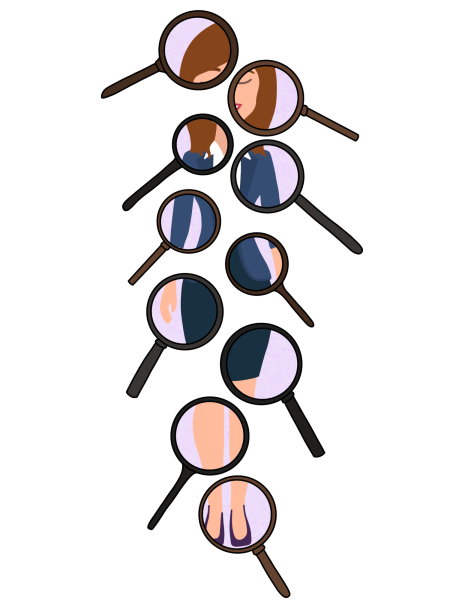Editor’s Column: Creating Safe Female Social Spaces
It’s become almost a cliche to say “men dominate the social scene at Colgate,” but the social landscape really does leave women in a position to feel uncomfortable, unempowered and, frequently, unsafe. But what does this really look like? Why are men so in control?
Men have the power to create social spaces; while this plays out in a lot of different ways, I want to focus mostly on how the Greek system uniquely empowers men. Fraternity houses are the sole place Greek parties can occur, immediately giving men the home court advantage. Men provide and make the drinks, create the layout of the party and decide when people come and go. But most importantly, men decide who enters. They create for themselves the opportunity to intimately know and trust every male that enters the space, which cannot be undervalued as a source of comfort and safety.
What this means is that women simply have to be looking out for each other better. You can’t and won’t know every woman in the room, so create a situation in which you don’t have to in order to feel that same comfort and safety. Make it so that just the presence of women at all make social spaces feel safer, not just the few women you arrived with. If women were just a little friendlier to each other in social spaces, a little more aware of the other women in the room and a little more willing to reach out or even step in when necessary, we could create the kind of safety net that’s built-in for the men who are controlling the parties.
This is especially important for first-year women. It often feels like no one on this campus is looking out for first-year women in any significant way. Entering sophomore year, women are overwhelmed with the knowledge they learn about the social scene, whether it be from older sorority girls, friends, clubs or just by virtue of having been on campus for a year. Sophomores gain access to a lot of new spaces and a lot of new information about how to safely navigate this campus, but a lot of women find themselves wondering where this information was when they really needed it. Practically every party is a sea of unknown people, unknown places, drivers and drinks; let’s create a situation where first-year women not only know they can find help in older women but feel comforted and excited by their presence.
All this is not to say women don’t create spaces for themselves in really important and empowering ways—they absolutely do. And a ton of men on campus work hard to ensure the social spaces they do create are safe, comfortable and fun for the women who attend. And I recognize Greek activity does not begin to represent the social scene here on campus, but other social outlets, like parties thrown by athletic teams, also tend to be male-dominated. The cards are institutionally stacked against safe and comfortable female spaces, so a little work outside of the institution can go a long way.
Contact Emily Rahhal at erahhal@colgate.edu.
Emily Rahhal is a senior from Los Angeles, California double concentrating in Middle Eastern and Islamic Studies and Religion. She has previously worked...




